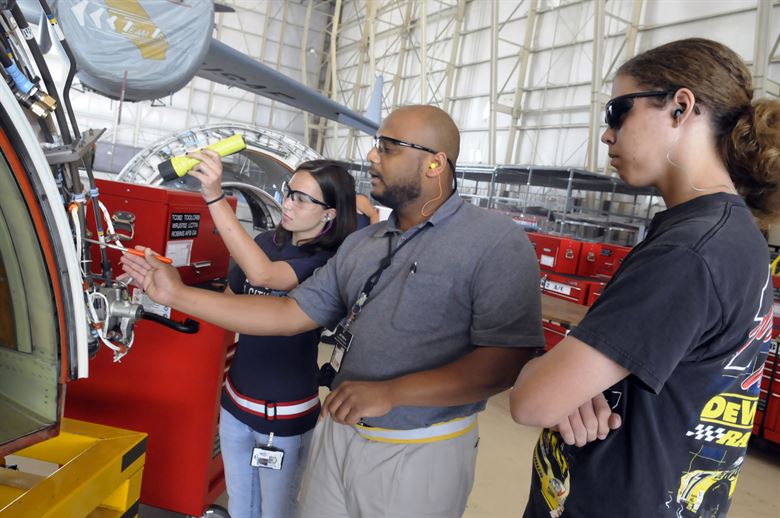The structure through which technical education has now changed. There are 696 apprenticeship standards that are delivered through 15 technical routes to skilled employment. These different standards are grouped according to occupationally related skills and knowledge, based upon labour market information regarding the size and nature of jobs.
There’s a common misconception that apprenticeships are only available in the construction and beauty industries. However, it’s safe to say that the reality is very different. Thousands of apprentice training roles are advertised and filled across many sectors in the UK every year, giving people of all ages invaluable training in important workplace roles.
In most cases, the companies offering apprenticeships will have roles in one of three different categories – operational improvement, leadership and management, and vocational expertise. These, of course, will depend on the industry sector and what the individual is looking for from apprentice training:
– Operational improvement – Apprentice training within operational improvement is designed to encourage employees to take a systematic approach to reducing wasted resources and improving the overall value of the work and customer base.
– Leadership and management – The creation of high-performing teams is crucial to business growth, and leadership and management apprenticeships can help propel new staff to precisely that.
– Vocational expertise – These apprenticeships are available in most sectors, and are designed to train employees in specific skills and skill-sets that are unique to that particular industry.
In most cases, training companies will offer one or all four different apprenticeship levels amongst these areas:
• Intermediate apprenticeships (Level 2)
• Advanced apprenticeships (Level 3)
• Higher apprenticeships (Level 4 +)
• Degree apprenticeships (Level 5 – 7)
As apprenticeship training providers, we cover as many of the above as we can at any one time, giving every applicant their best chance regardless of their previous experience. Some higher and degree apprenticeships, for example, will want to see more in terms of existing qualifications, including A-Levels and level 3 apprenticeships, while Intermediate and Advanced are more open to those at college level.
Apprenticeship training providers offer a path into some of the most fruitful and rewarding roles in every industry. With the right training and support through different sectors, levels and skills, apprentices can go on to aid business growth and expedite efficiency in every industry.
